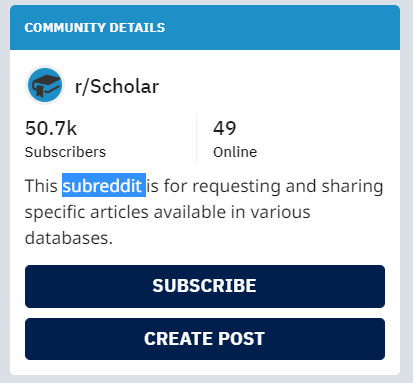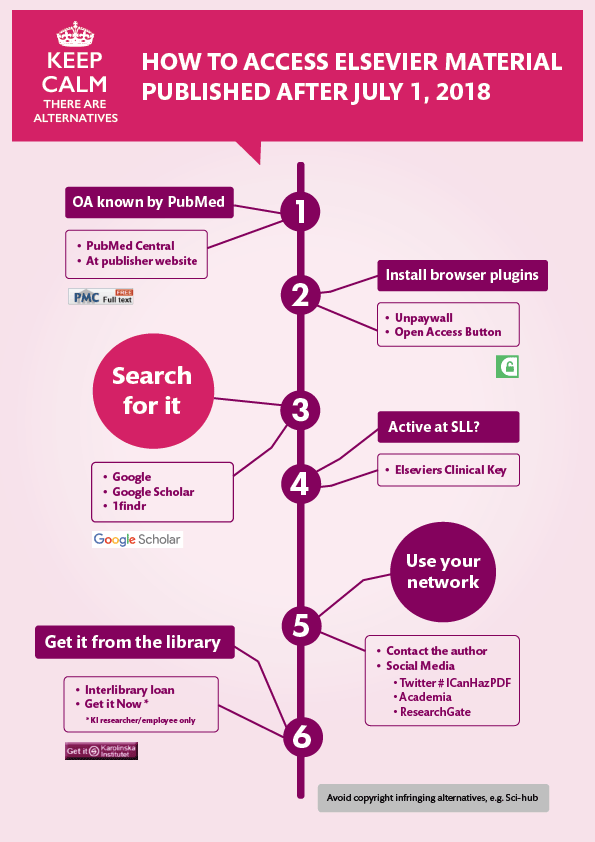The way Browzine is offering access to the pdf in their tool, is now being integrated into discovery tools like Summon en Primo! here is an excerpt of the press-release:
Coming Next Week to Primo & Summon BrowZine Libraries!
Discovery environments are about to get a whole lot better! Users love how BrowZine brings them to the PDF with just one click, both in the mobile apps and web service. This technology, called LibKey, will be available via the BrowZine API for Summon and Primo next week with other discovery services to follow soon. Even better, there is no additional charge for this great new feature!
LibKey is based on the years of experience Third Iron has in managing all of the complexities required to connect users to articles, including journal entitlements, authentication and linking. The result is an almost magical user experience of clicking on a link and getting immediately to a PDF. No link resolver, choosing sources, navigating platforms or any other aggravating steps that can derail your researchers.
Aaron Tay very quickly responded via Twitter: “With LibKey, a link directly to the PDF organically appears in your discovery results whenever one is available..an almost magical user experience of clicking on link and getting to a PDF. No link resolver, choosing sources, navigating platforms or any other aggravating steps”







